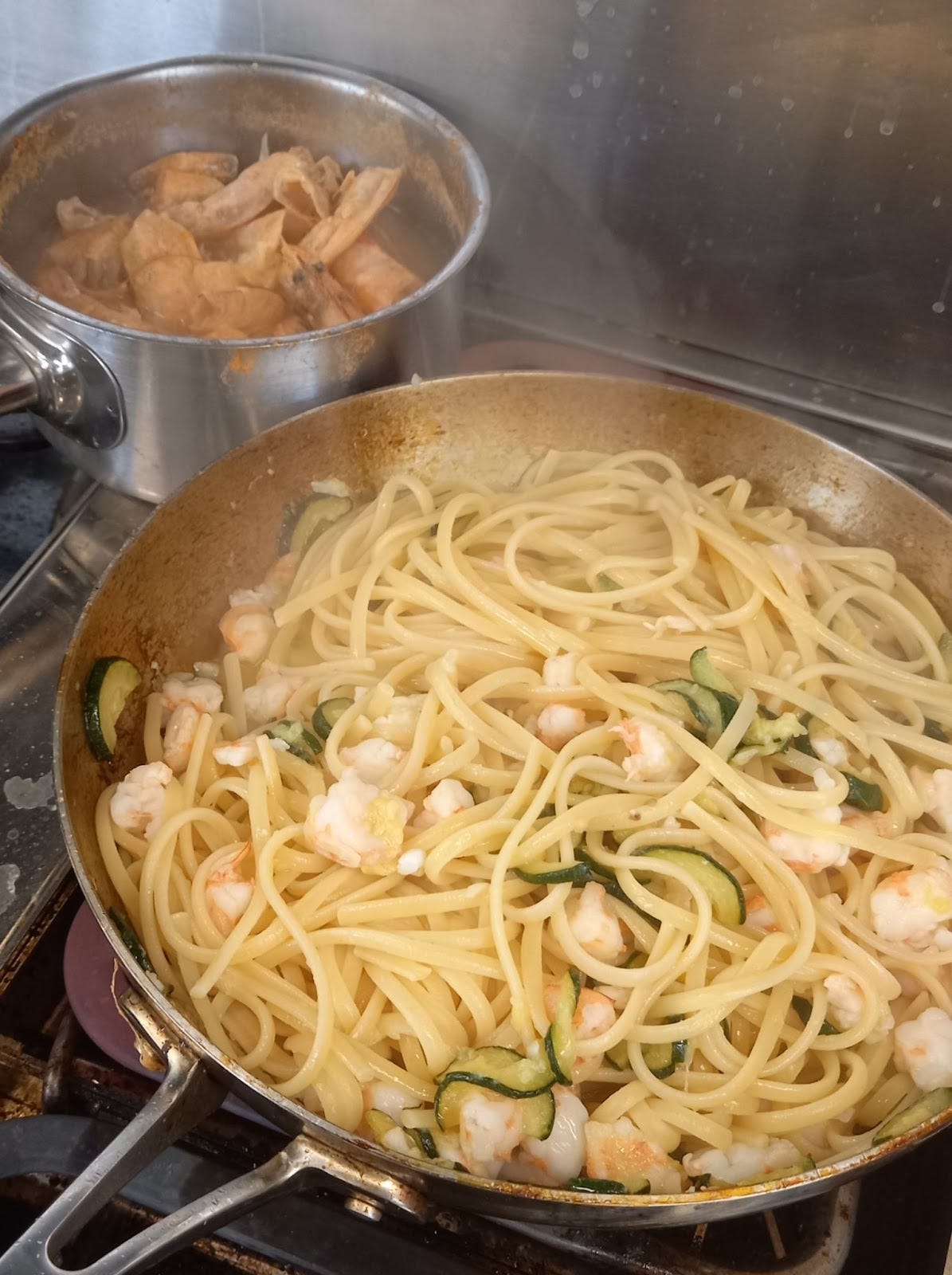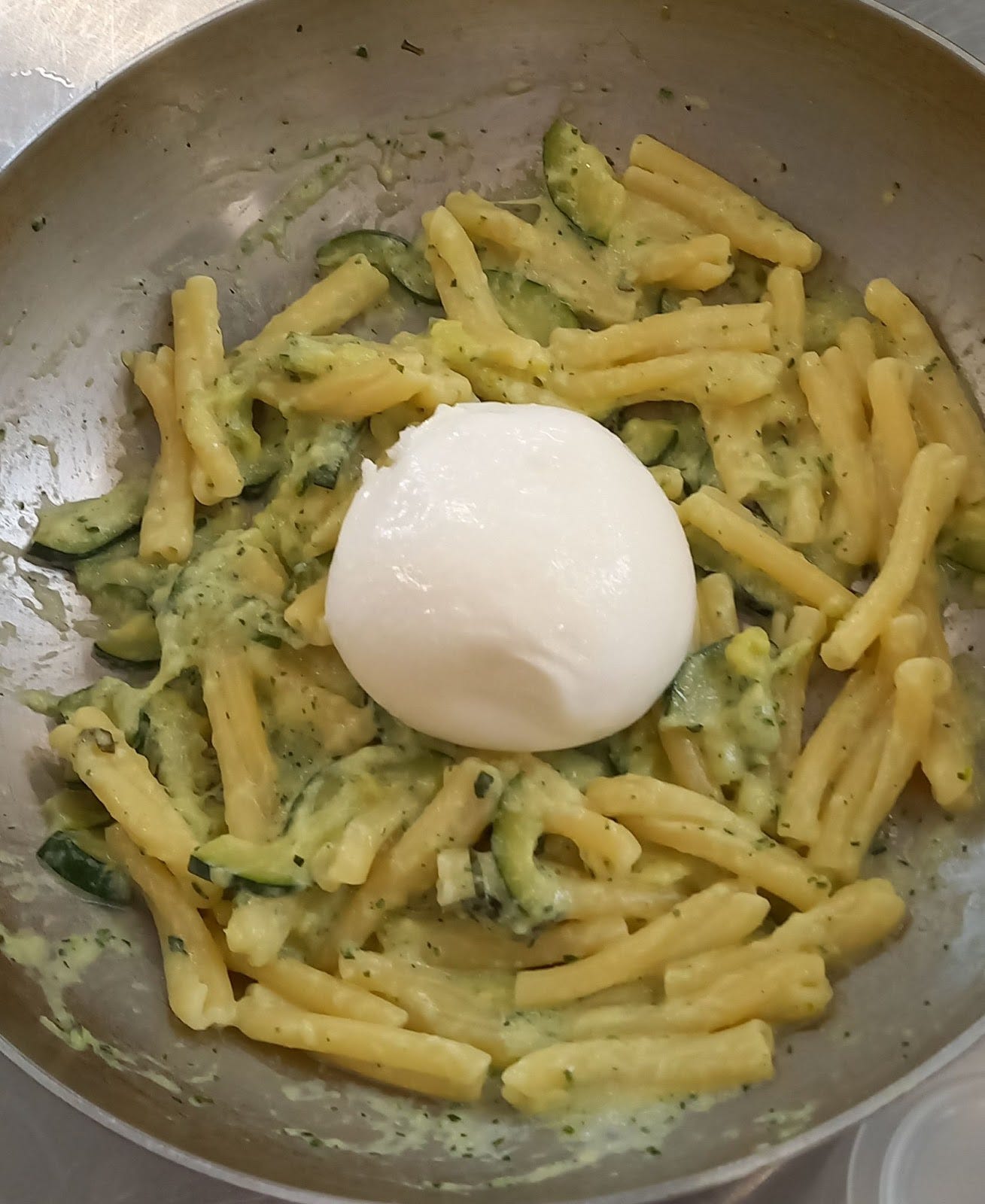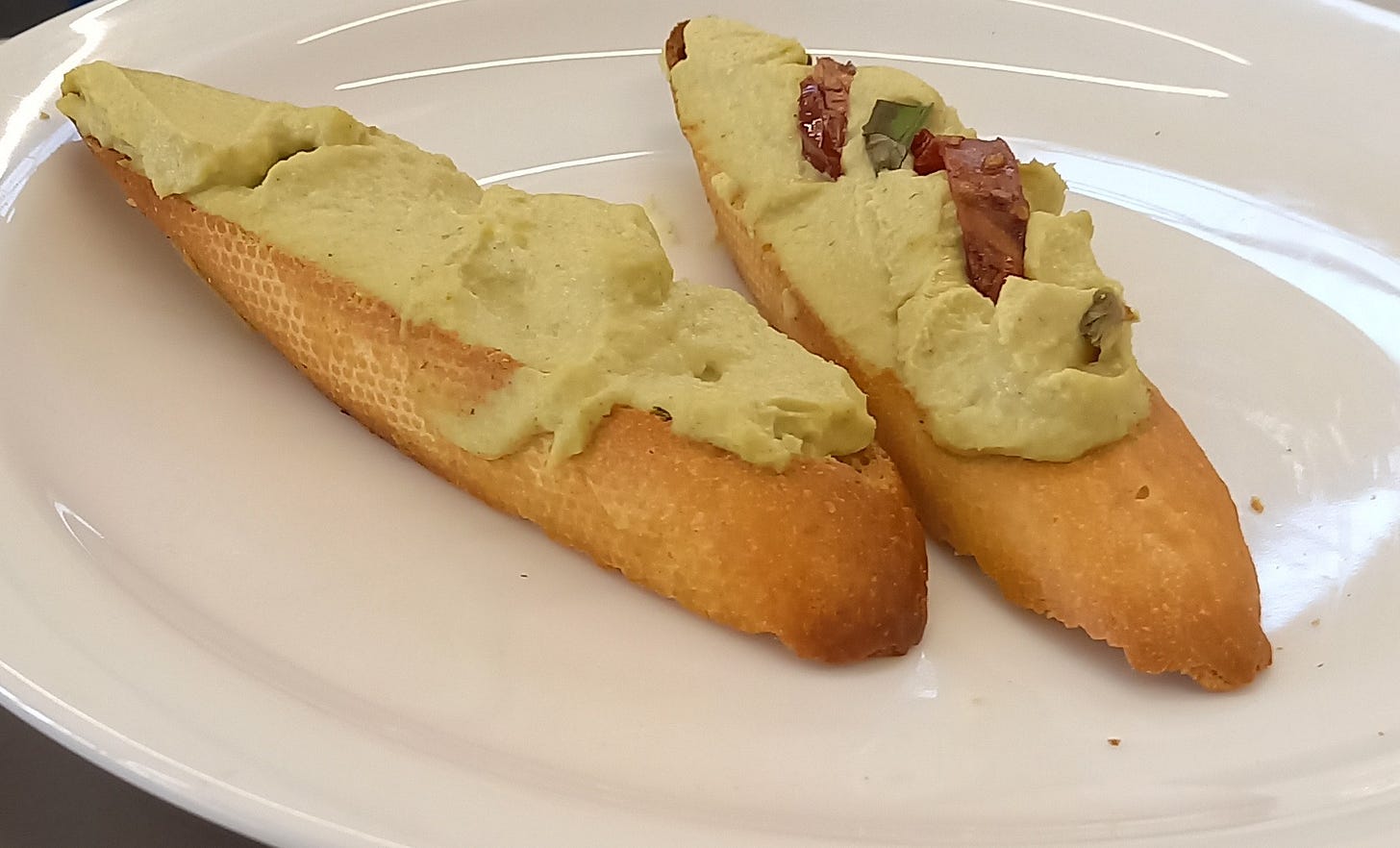There’s a bee I have in my bonnet about a particular American pronunciation. No, I don’t object to tomayto nor too much about baysil (even if no-one of any nationality would pronounce the name Vasily, from which it comes, ‘Vaysily’). What I grind my teeth over is the name of the never-seen protagonist of Samuel Beckett’s play Waiting for Godot. It can by no stretch of the imagination be pronounced Guh-dough. With the emphasis on the first syllable not the second, it is God-oh. This clip will surely convince. What irks me is that I had been taught that its pronunciation was a pun on God, referring to him familiarly, or disparagingly, even, as God-oh, a plausible idea given that while Beckett was raised an Irish Anglican, he became agnostic.
But that interpretation is refuted by Beckett himself, in a 1994 interview where he admits he regrets calling the absent character 'Godot' precisely because of all the theories involving God to which this had given rise. "It would be fatuous of me to pretend that I am not aware of the meanings attached to the word 'Godot', and the opinion of many that it means 'God'."
He had been known to explain, though not entirely convincingly, that he had picked it for the word ‘godillot’, slang in French for ‘boot’. The play was, after all, first performed in France. Does ‘Guh-dough’ sound French to you?
I’ve been thinking about language because I’ve just spent a week of mornings cooking in Italian, courtesy of my local council authority. From the beginning of the class to its fine, not a word of English was allowed to pass le nostre labbra. I went more hoping to come out fluent in the language than in cooking, so I was not as disappointed as some of the other students at cooking zucchine pretty much every day.
As you read that, did you notice I didn’t write zucchini with an ‘i’? My laptop immediately sprang into auto-correct mode, adding the accusatory red squiggle under the word in objection to that ‘e’. But my laptop is wrong. Just as Guh-dough is wrong. A zucchina, we learned, is a feminine vegetable not a masculine one.
We also discovered that broccoli are rarely cooked. Broccoli is the plural. Because they are now grown to the size of a baby’s head, unless you’re a caterer, you’ll probably only ever need one broccolo. (My laptop immediately corrected that spelling, too, to broccoli. I’m more happy than I can express to be causing such anguish to my laptop.)
And we learned that if you are determined to make a lasagna, you will only need a single sheet of pasta because that is what a lasagna is: one sheet. If you want to build a layered dish of pasta leaves between a filling and a sauce, then you will be creating lasagne, the plural of the term. (Am I irritating you to death?)
Back to baby marrows, this is the season for neighbours with vegetable plots to sneak out after dark, arms laden with zucchine (courgettes to anyone now grinding their teeth) to leave on the front steps of all the houses down the street. In celebration of them, our Italian teacher introduced us to a number of ways to benefit from the vegetable’s glut. One was a pasta of linguine with zucchine, shrimp and saffron.
The recipe barely needs to be given - a sauce of finely sliced zucchine cooked in oil until soft with a shallot and clove of garlic, both finely minced, and some saffron (which I exchanged for red chilli pepper flakes, not being overly fond of what tastes to me like the smell of new corduroy), then peeled and sliced prawns thrown in.
The trick which elevated this simple dish to impress-your-friends level was that the shells and heads of the prawns were turned into a highly-flavoured stock gently simmered in water (and, when I repeated it at home, glass of white wine). The linguine were cooked to roughly three minutes short of their al dente cooking time, drained and slipped into the saute pan with the main ingredients, the flame under it lowered and ladles of the shrimp stock poured over one by one until absorbed in risotto fashion until the linguine turned al dente and were surrounded by a now unctuous sauce.
We made a creamy and elegantly pale zucchine salsa for a twisted pasta like strozzapreti or fusilli or any other sauce-catching shape that would happily make short shrift of a glut. 500g/1 lb of zucchine are quartered and sliced thinly, softened over low heat in a pan slicked with a little olive oil. While the pasta is cooking, all but one cup of the zucchine are scraped into a food processor or blender with half a burrata and whizzed into a cream then seasoned to taste. The cream is added back into the remaining zucchine in the saute pan and gently reheated. Once the pasta shapes have become al dente, they are drained, retaining a cup of the pasta water, and well mixed with the zucchine sauce, loosened if necessary with some of the pasta water. Bring to the table in a large warmed bowl, with the other half of the burrata on top to cut into and a chiffonade of a few mint leaves.
A broccolo recipe (I promise I shall revert to broccoli when I’m not showing off my thin grasp of Italian) was what the teacher called a svuota-frigo - a fridge-emptier.
Apparently, that’s what bruschette are for - a means of getting rid of whatever is wilting in your vegetable drawer. This bruschetta topping is created from the part of that brassica usually thrown away. 150g/5¼oz ‘gambi’ (feet or stems) of broccolo are peeled, sliced and boiled along with its leaves, then drained and tossed into a blender or processor with 40g/1½oz of grated Pecorino, 1 finely chopped garlic clove, 70g/2½oz of walnuts. It’s all ground to a paste with enough olive oil to loosen the mixture, then seasoned to taste and spread over thick slices of toasted baguette. Add colour with a couple of snips of sun-dried tomatoes or a ripped leaf of basil pronounced any way you like. Loosen the cream further with water from cooking and you have yet another pasta sauce. It’s a recipe known as ‘zero sprechi’ - zero waste - that can be made with zucchine, too.
While the language bit is still between my teeth on pronunciation: if you want to impress your wait-person when ordering bruschetta, don’t ask, as is common and incorrect, for soft-sounding ‘brushetta’ but instead for a rasping ‘brusketa’. If you are content to go along with that, I’ll give you Guh-dough…








Frigorifero is my second favourite kitchen word in a foreign language. The best FOREVER AND ALWAYS is the Welsh word for microwave...
POPPITY-PING!!!!
And, not to start another thread but just to amplify this one, my old partner Norman - a regular visitor to Italy, used to fume about panini/panino .